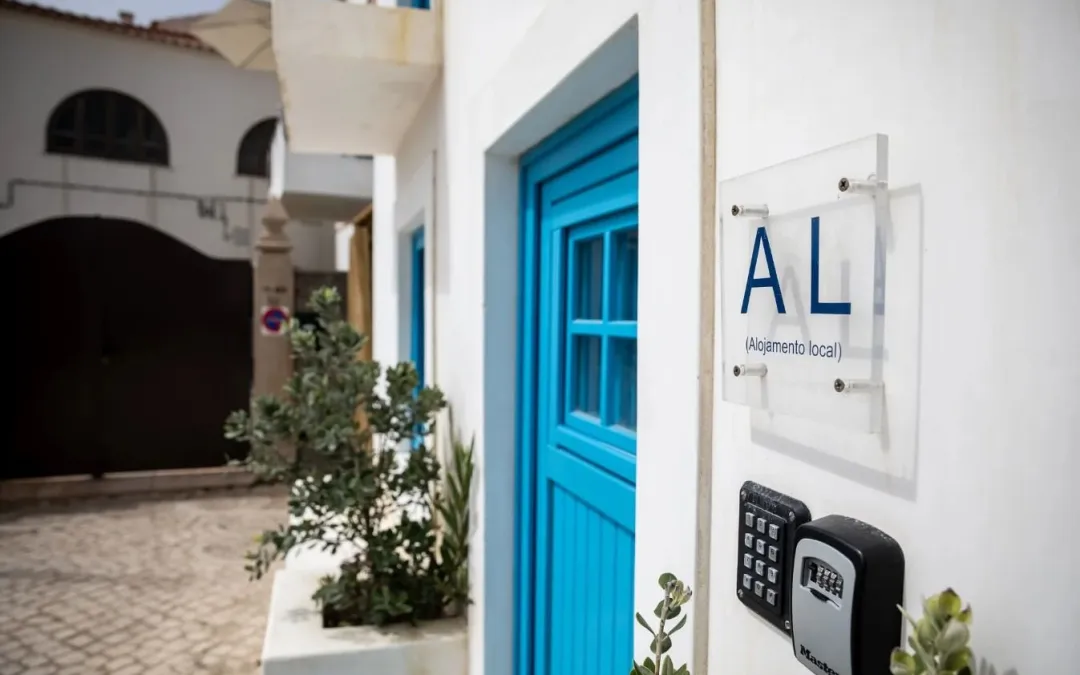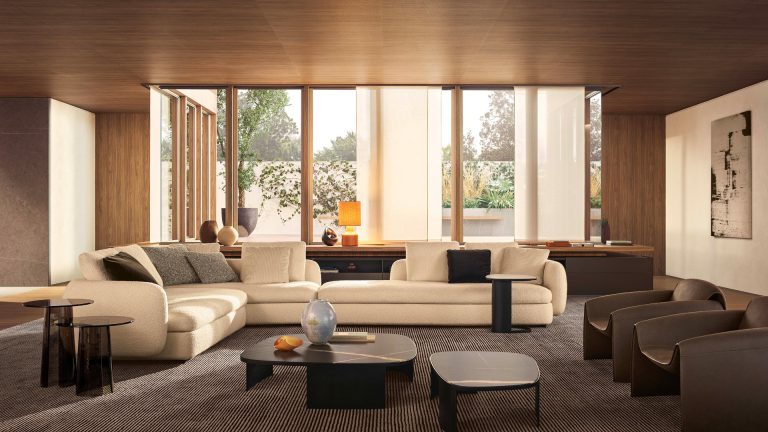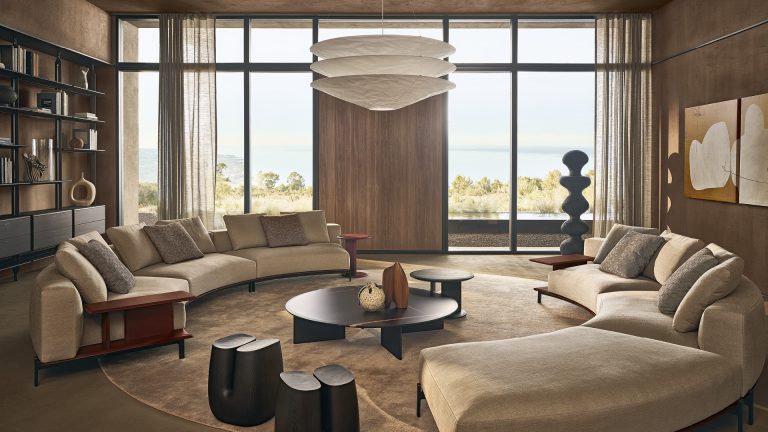Understanding Alojamento Local (AL) in Portugal: 2025 Rules, Licensing & Tax Implications
A complete guide to Alojamento Local (AL) in Portugal: how it works, what changed in 2025, and how it impacts property owners and investors.
Renting a property to tourists in Portugal can be a rewarding income stream — especially in high-demand regions like the Algarve. But to do it legally, you’ll need to register under Portugal’s Alojamento Local (AL) regime.
In 2024 and 2025, the AL system is undergoing significant updates — affecting license rules, condominium approvals, taxation, and local authority controls. If you’re planning to operate a guesthouse, B&B, or short-term rental, this guide walks you through what’s changing, how to register, and what to expect when you eventually sell the property.

What Is Alojamento Local (AL)?
Alojamento Local (AL) is the framework that allows individuals or companies to offer short-term, furnished tourist accommodation in Portugal. This includes:
- 🏠 Apartments (Apartamento)
- 🏡 Detached houses or villas (Moradia)
- 🛏️ Individual rooms (Quartos)
- 🏨 Small guesthouses or hostels (Estabelecimentos de Hospedagem)
To legally operate a guesthouse or rental property for stays under 30 days, you must register under the AL regime and comply with safety, insurance, and tax obligations.
What’s Changing in 2025? (As of Decree-Law No. 76/2024)
The Mais Habitação package introduced major reforms to the AL system. As of 1 November 2024, here are the key updates:
✅ Licenses No Longer Expire or Automatically Cancel
- AL licenses are now indefinite — the 5-year renewal rule has been revoked.
- Previously cancelled licenses may be eligible for re-registration, depending on local policy.
✅ AL Licenses Are Transferable
- AL licenses can now be transferred with the property, including in sales or inheritance.
- This change restores flexibility for investors and owners in saturated markets.
⚖️ Condominiums Can Still Oppose AL — Under Conditions
- New applications no longer require prior condominium approval.
- However, a condominium (with at least 50% of unit owners) may oppose an existing AL license if they can prove disturbances.
🏘️ Municipalities Have Greater Control
- Local councils may create or maintain containment zones, restricting new AL registrations in high-density areas.
- Councils with over 1,000 AL units must make a policy decision within 12 months.
👥 Guest & Capacity Limits
- AL properties are limited to 9 rooms or 27 guests.
- Temporary beds may be added, provided they do not exceed 50% of permanent beds.
🔒 Mandatory Insurance & Safety Requirements
- Owners must have civil liability insurance (minimum €75,000 recommended).
- Safety equipment such as smoke detectors, fire extinguishers, and emergency signage is required.
Step-by-Step: How to Apply for an AL License
- Confirm Eligibility
- Ensure the property is in a zone that allows AL (urban land, not rustic).
- Confirm building usage classification allows tourism accommodation.
- Register as an Economic Operator
- If a private owner: register as a sole trader with the Portuguese Tax Authority (AT).
- If using a company: ensure it has the correct NACE codes.
- Prepare Required Documents
- Caderneta Predial (property registry)
- Habitation license or exemption (for pre-1951 buildings)
- Civil liability insurance certificate
- Floor plan or description of the unit
- Submit Application
- Done through the Balcão do Empreendedor (online government portal)
- AL registration is directed to your local Câmara Municipal
- No municipal inspection is required in most cases — it’s self-declared, but subject to audits
- Display License Number
- Once approved, include the AL registration number on all listings (Airbnb, Booking.com, etc.)
- Register with SEF (Foreigners & Borders Service)
- Required to report guest stays using the SIBA platform
Capital Gains Tax (CGT) for AL Property Owners
🧾 Selling a Property with an AL License?
If you own a property licensed under AL and plan to sell it, timing matters. As per current rules:
- If you sell the property within three years of operating under an AL license, 95% of the capital gain is taxable — with no expense deductions allowed.
- To avoid this higher tax rate, you must cancel your AL license and wait three years before selling.
📌 Quick Summary:
- If AL use ended more than 3 years before the sale:
→ Tax applies to 50% of the net gain, and eligible expenses (e.g. renovation, acquisition fees) may be deducted. - If AL use occurred within the last 3 years:
→ Tax applies to 95% of the gain, with no deductions allowed. - ✅ No residency requirement during the waiting period to benefit from the lower rate.
⚠️ Example:
If you bought a property for €300,000 and sold it for €500,000:
- Selling within 3 years of AL use → taxed on €190,000
- Selling after 3 years post-AL cancellation → taxed on €100,000 minus deductions
Thinking About Buying or Operating an AL Property?
Not sure whether a property qualifies for AL — or what to expect in taxes or licensing?
We help buyers identify AL-friendly properties in the Algarve, verify licensing paths, and avoid red-zoned or ineligible investments.
FAQS
It depends. Some areas have containment zones in place — especially in central Lagos and Albufeira. Outside those zones, applications may still be accepted. Check with the local Câmara Municipal.
You can transfer the license, provided it’s active and not in a restricted zone. You’ll still need to update tax and ownership records.
No. Only urban-classified land qualifies for AL. If rural, you may apply for TER (Turismo em Espaço Rural) instead.





